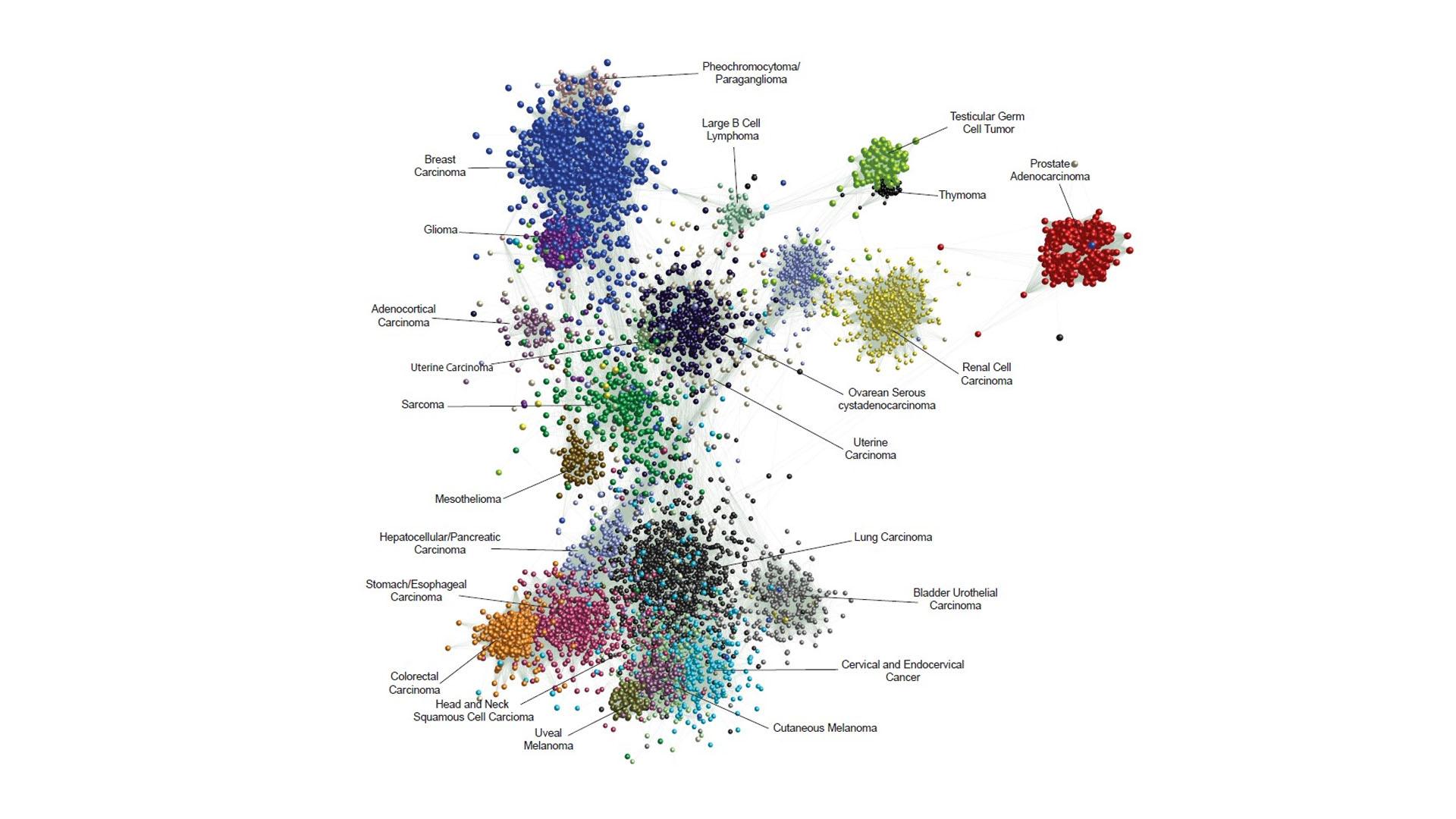Glycosylation is a post-translational modification widely implicated in structural and functional attributes of the cell. Changes in glycosylation patterns are associated with invasiveness, acquisition of virulence features promoting metastasis, and epithelial-mesenchymal transition in a wide range of solid tumors. Hence, investigation of the glycan diversity within the functional and developmental hierarchy of cancer classifications suggests their great potential and utilization as diagnostic and prognostic biomarkers.
In this proposal, we follow the hypothesis that glycosyltransferases (GTs) play a crucial role in cancer formation and metastasis, and by investigating the regulation of GTs at various levels, we anticipate that they can be used as cancer biomarkers able to decipher cancer hierarchies. We thus propose to develop the first multi-task learning framework for simultaneous GT-based prediction of cancer/normal, cancer type, subtype, and survival.
Investigator:

